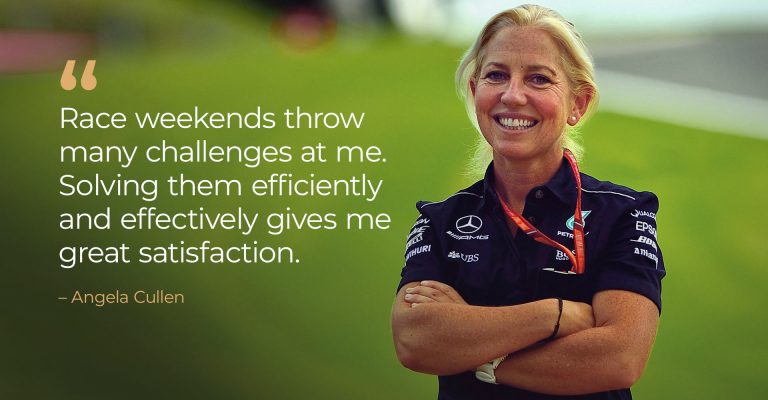Coming to Terms with Burnout – My Personal Experience

When you love your work, noticing the early signs of burnout can be challenging. But stretching yourself too thin can happen to all of us, women, men, young or old. Here is my story and how I managed to change my ways.
One November morning, my world went black while running down the stairs. I woke up laying at the bottom of the staircase with my head bleeding, and my first reaction was not to check if I was hurt but to search for my laptop. I realized something had to change.
Prior to joining Hintsa fulltime, I worked in management consulting. I loved my job. Sure, the working hours were long, deadlines were tight, and the travel weekly. My exercise consisted of running to catch a taxi or a plane, my diet was based on hotel minibars, and I saw my then partner mostly when he was asleep. But I had an exciting job that many dreamed of, it was challenging and fun, and I could read about the impact we were having in the newspapers. On top of it all, I got to work with some incredibly smart people – who turned out to be a fun bunch outside work too.
A cold wake up
Somewhere along the line though, I had neglected the warning signals. When I hurried down the stairs that morning, I suddenly passed out and ended up on the cold stone floor. I was lucky I got away with a scare. There had been symptoms, of course. I was constantly tired, no longer able to recover from the week by sleeping throughout the weekend. I kept on dropping objects and would stumble on sidewalks. Simple tasks would take me hours, and I had a really hard time prioritising my work – so I ended up working more. People would eventually notice, but comments like “you should set yourself some boundaries” or “just say NO more often” would only upset me. Couldn’t they see I had a hard time deciding what to eat or what to wear, let alone deciding where to focus on at work?
Getting to the core of things
After some months, with the support of my family and workplace, I returned back to work full time with the same employer and would stay there for years. I still loved my job, but the hard stop had given me the opportunity to set myself those boundaries everyone was talking about. I took the chance to reflect on the things I wasn’t willing to compromise anymore, and systematically sought out projects that were meaningful to me. I wasn’t aware of using any Hintsa Performance methodologies back then, but I did have a chat with my father, the founder of the company, who encouraged me to deeply think about the three Core questions.
Do you know who you are?
Do you know what you want?
Are you in control?
I also made an effort to create an environment to support the habits I wanted to uphold. When relying on self-control alone, people most often fail. I learned it the hard way, and to avoid ending up in the same place again, I created a system of leading and lagging indicators I follow to date (I was a consultant after all). Skipping lunch is a leading indicator, quality of sleep a lagging one. I also set myself goals outside work, which I knew would force me to look after myself more. Nine months after my burnout I was running in a desert. It was as if I had regained control of my life.
Coming to terms with it
In hindsight, falling down the stairs was one of the best things that have happened to me in my working career. The funny thing is, it took me years to actually call my experience for what it was – a burnout. Despite absences due to mental ill-health being on the rise in Finland and globally, the stigma remains. Personally, I was afraid of someone thinking I was not fit for the job. I was hard-working, determined, and loved the challenge. I actually enjoyed working under pressure. Those are all good qualities, right?
I’m a big believer in self-awareness, in building on our strengths and embracing the vulnerabilities that make us human. Burnout may take different forms, but it is defined as a result of continuous and long-term stress exposure. People easily make the mistake of thinking the reason behind it is weakness. However, maybe some of us are actually too strong. In their extreme, strengths such as drive, mental and physical resilience can lead to an obsessive passion, that consumes until it abruptly ends. Perhaps burning out is actually the outcome of overusing our strengths.
My story is not unique, and unfortunately not even uncommon. There is no one solution to prevent or bounce back from burnout, but one of our missions at Hintsa is to help people pay attention to the warning signals – and make small changes towards a more sustainable life and performance.
Interested in hearing more about our coaching services? Leave your contact details below and we’ll be in touch.



